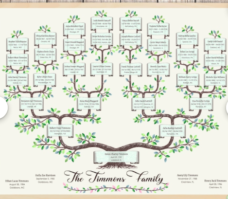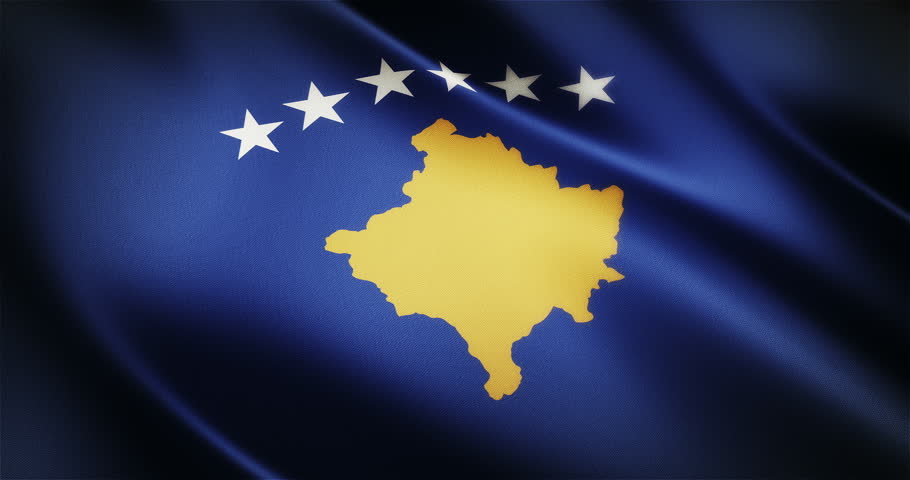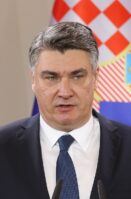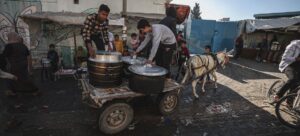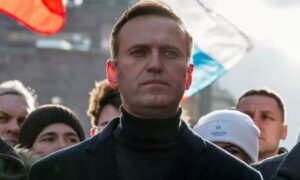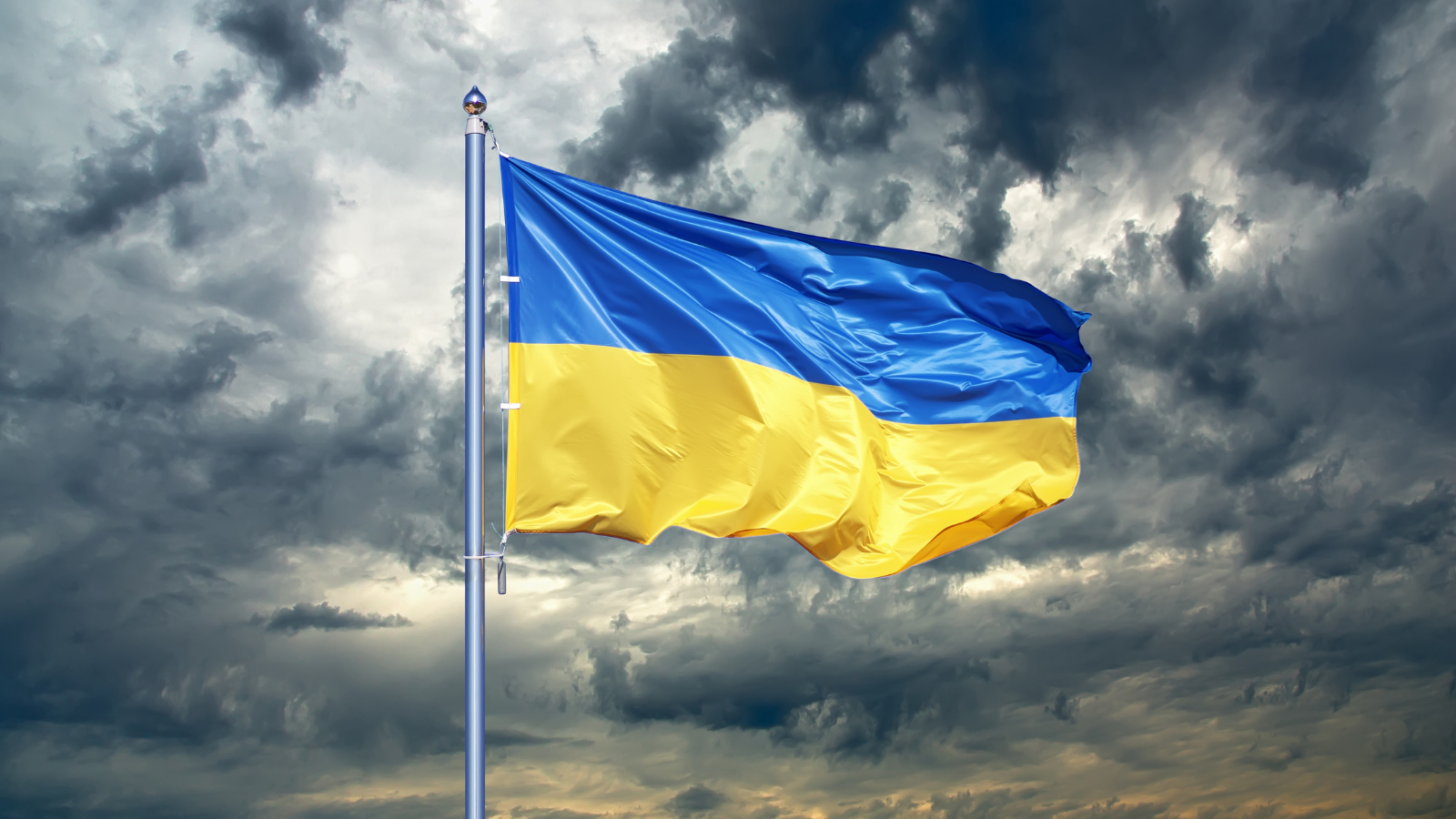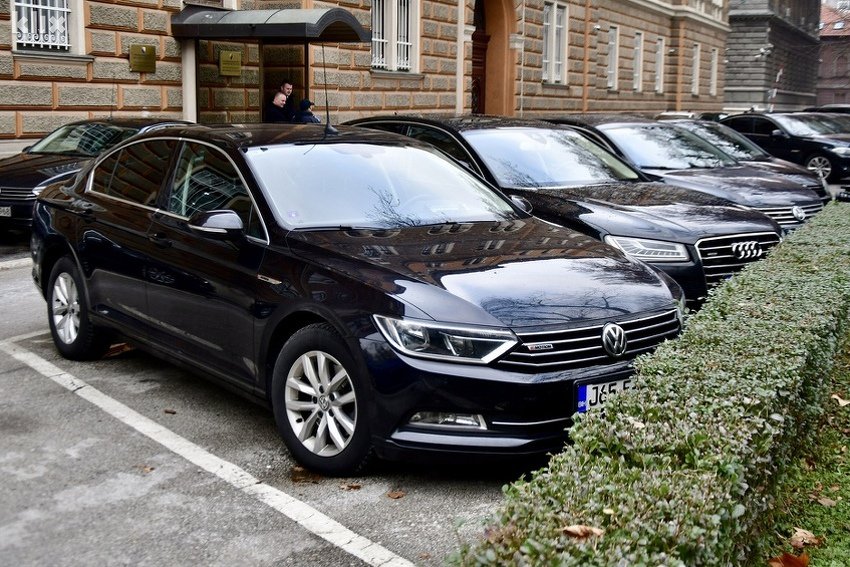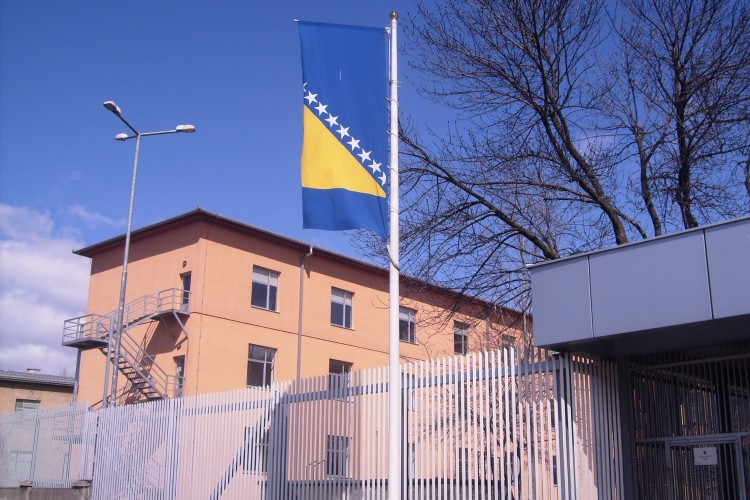 On September 25, 2016 the semi-autonomous Serb led entity of Bosnia and Herzegovina held a referendum on whether or not to celebrate its own official “national day” on January 9th, a date that draws from its 1992 founding during the ferocious civil war that cost 100,000 people their lives and displaced thousands of others. January 9th is an orthodox religious holiday which the Constitutional Court of Bosnia and Herzegovina ruled was unconstitutional citing that it was unfair to the other ethno-religious groups (Croatian Catholics and Muslims). Many political pundits and politicians in Bosnia and Herzegovina and international legal experts see this as a challenge to the Dayton accords (that process which established Bosnia and Herzegovina as we know it today and ended the war in 1995) and that this could have possibly been a “rehearsal” for a referendum for independence in 2018.
On September 25, 2016 the semi-autonomous Serb led entity of Bosnia and Herzegovina held a referendum on whether or not to celebrate its own official “national day” on January 9th, a date that draws from its 1992 founding during the ferocious civil war that cost 100,000 people their lives and displaced thousands of others. January 9th is an orthodox religious holiday which the Constitutional Court of Bosnia and Herzegovina ruled was unconstitutional citing that it was unfair to the other ethno-religious groups (Croatian Catholics and Muslims). Many political pundits and politicians in Bosnia and Herzegovina and international legal experts see this as a challenge to the Dayton accords (that process which established Bosnia and Herzegovina as we know it today and ended the war in 1995) and that this could have possibly been a “rehearsal” for a referendum for independence in 2018.
The referendum held on the 25th of September wasn’t the first and only talk of referendum for Bosnian Serbs, in late 2015 and early 2016 Bosnian Serb President Milorad Dodik championed a referendum challenging the legitimacy of Bosnia and Herzegovina’s Constitutional court citing that it was biased against Serbs, especially concerning war crimes persecutions. But due to international pressure Dodik and other leaders decided not to hold the referendum on the legitimacy of the court. Many hoped international pressure would work in halting the referendum on September 25th, but it didn’t. The international community largely condemned the vote, except for Russia who agreed that it was legitimate for Bosnian Serbs to have a say so in how the commemorate their entities founding, especially since the constitutional court is largely made up of international judges. A number of Journalist and media pundits inside and outside of Bosnia considered the referendum to be a calculated move designed to give his party, he Alliance of Independent Social Democrats (SNSD) a victory in the October 2nd elections, which apparently worked because the SNSD did quite well winning more than 30 mayoral posts in Republika Srpska, 11 more than in the previous elections in 2012. The Office of the High Representative has been rather silent to the dismay of many in Bosnia and abroad. Above all he has the power to remove politicians who don’t respect the country’s constitution or political system. However, the current High Representative, Valentin Inzko has decided not to intervene citing that he wants Bosnia’s political structures and cultures to mature on their own. According to the results of the referendum (which are in questions) 99.81 percent of voters were in favor of January 9th being declared the entity’s “national day” . In the days following the referendum the Prosecutor’s Office for Bosnia and Herzegovina issued a summons for Dodik for questioning as it relates to who planned and executed the referendum . Many legal experts in Bosnia and Abroad are calling for Dodik’s and anyone else’s arrest who helped plan and execute the illegal referendum. Whether the prosecutor’s office will get tough and issue an arrest warrant in the coming days, weeks or months remains to be seen.
For some who do not deeply understand the context of ethnic relations currently in Bosnia and Herzegovina or the state in which the country’s governance structures are in it may be easy to dismiss this referendum. But it has much greater implications for Bosnia, the international community, and the narrative of international intervention in general.
The overall implications for Bosnia and Herzegovina is that the respect for the rule of law is undermined, as the referendum as completely illegal and against the ruling of the constitutional court. For any leader to disobey the highest court in any land is dangerous and especially in a country that is has a high amount of corruption and where ethnic divisions are legalized in the overall country’s frame work and where trust among politicians and citizens of anything ethnic group is extremely low.
Next the overall implications for the international community is that the influence that once worked in the international community is now weak, perhaps as major powers in the West wage battles against ISIS domestically and in the Middle East and a looming refugee the ethnic discord in Bosnia is longer a major priority. But, after all to what to degree can the international community act? The purpose of the high representative’s office is to monitor and challenge issues that harm Bosnia’s transition to peace and democracy. Which begs the question to what degree should Inzko intervene and how often? Should he be a dictator? And in his owns sentiments, how can Bosnia as a country than foster and grow?
This speaks to the overall implications of international intervention period and its abilities for long term peacemaking. The Dayton process aforementioned in this article was designed to stop the war in Bosnia and Herzegovina elsewhere in the former Yugoslavia and create a vision for the immediate future. The process was not designed to be a panacea for the ethnic and cultural issues that would continue to haunt Bosnia twenty plus years after the world. In Bosnian political discourse one can hear many politicians, political parties, and everyday citizen’s blame the Dayton Process for why the country is still ethnically divided and essentially a mess, but as of October 2ndth five people who were convicted of war crimes, corruption, kidnapping and abuse of office have been elected as mayors in municipal polls in Bosnia and Herzegovina . One can find similar sentiments when it comes discussing justice as it relates to war crimes and the International Criminal Tribunal in The Hague. Many in Bosnia were disillusioned or angry that the Tribunal didn’t punish every single criminal or foster even foster a sense of healing and reconciliation. But, many courts in Bosnia are still equipped to deal with prosecuting war crimes which has led to hefty amounts of back log in cases in recent years. Like the Dayton Accords the Tribunal was designed to deal with the consequences of the war right then and there, not necessarily twenty or thirty years after.
The major point these two examples demonstrate along with the current and political and ethnic discord in Bosnia is that international processes have a limitation for maintaining peace and stability within a country. The international community can only do so much. This is something we must come to recognize in the discourse of understanding post-conflict society transitions. The international community can serve as a bridge that helps societies get over conflict in the interim and help them map out what a potential future may look like but it can’t create that future.
So after all this if the international community can’t create Bosnia’s future, who can? Bosnians. What this takes is cooperation, interest, and political will to do so regardless of ethnic group. While there are those in Bosnian society who choose nationality or ethnicity over the greater good of Bosnia, there are those who will not. Many scholars debate whether its politicians who drive ethnic sentiments into hearts and minds of everyday Bosnians or that it’s politicians who are reflecting the sentiments of everyday people. Either way, the result has been unproductive and has stifled Bosnia from moving on. Regardless of what’s discussed about ethnic discord in Bosnia in the press or what comes out of the mouths of politicians there are many moderate Bosnians who want to see their country grow and prosper and who live and work together on a daily basis. The tide for change must start with these people who want to see their country move beyond the constraints of the past and chaos of the present. It takes political will and pressure, it takes people being active and being responsible, it takes everyday citizens of all ethnicities to demand politicians work together in public as they allegedly do in private when the cameras aren’t rolling. No society transitions perfectly after a horrendous conflict and where there are people who still live with tremendous pain, South Africa and Rwanda are key examples of this. Despite the horrors committed under racial segregation or during genocide communities, organizations, government officials, victims, and perpetrators came together to rebuild a new societies that looked nothing like their past. The international community learned a lot from the conflict in Bosnia and is still learning lessons. But, the lesson of limitations in intervention after conflict is an important one that we all must consider as the international community moves to rebuild Iraq, Afghanistan, and eventually Syria. Without considering this lesson when moving forward we are deluding ourselves and selling false hopes to already vulnerable people.
Written by: Prof. Dr. Jared O. Bell






